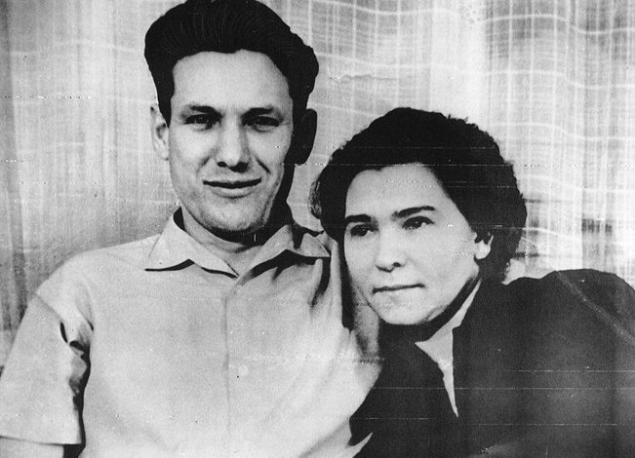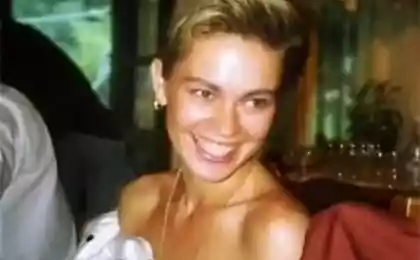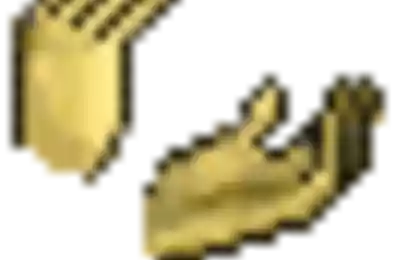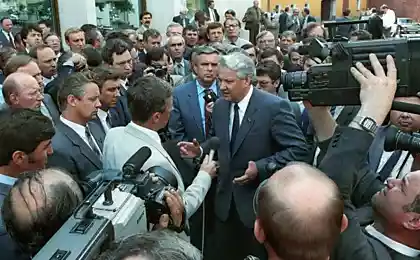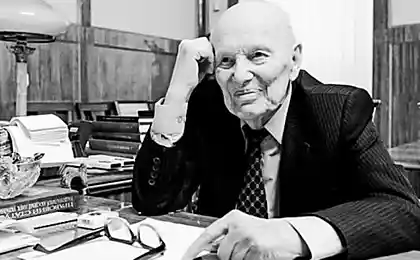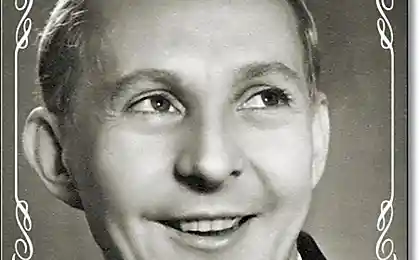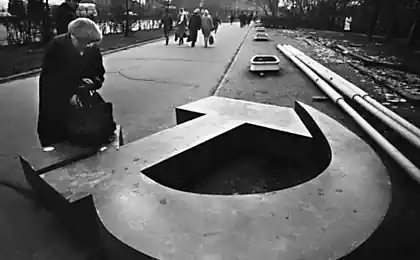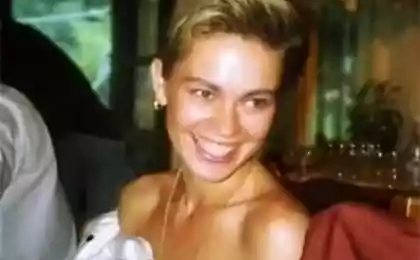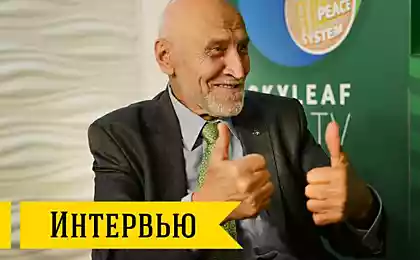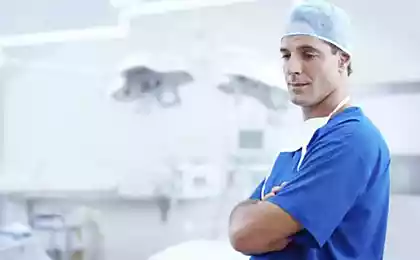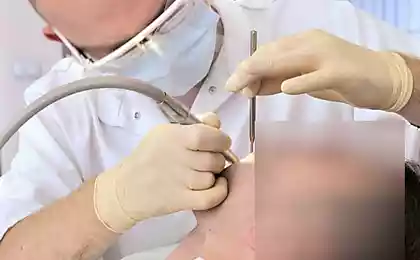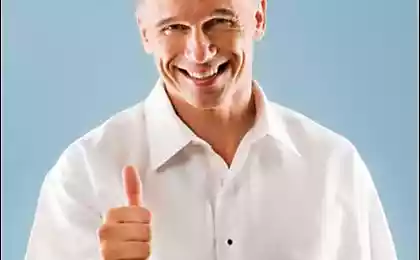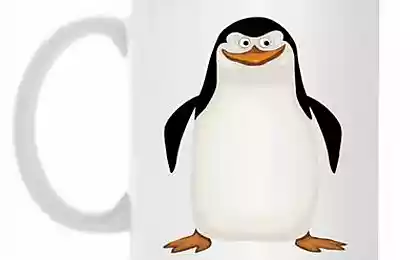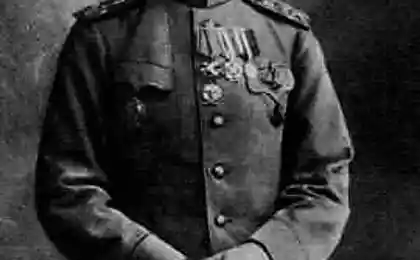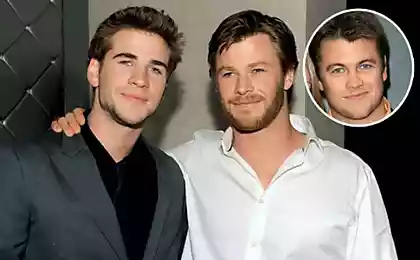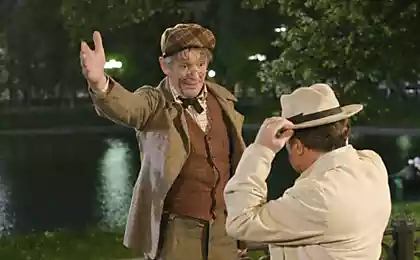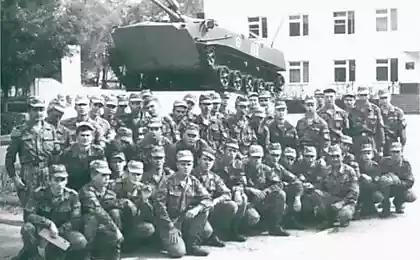1465
Boris Yeltsin died
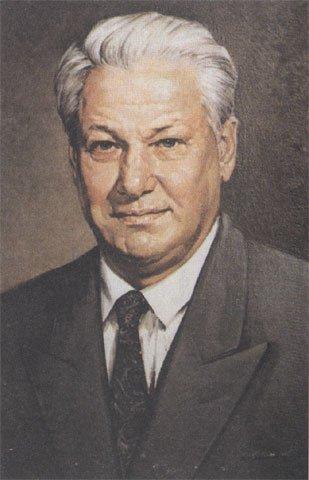
On Monday died the first Russian President Boris Yeltsin, said the Kremlin press service.
According to the first channel of Russian television, Yeltsin was the cause of death sudden cardiac arrest.
But recently he was 76 years
In the continuation of the 40 best photos of the first Russian President Boris Yeltsin FederatsiiELTsIN born February 1, 1931 in the village of Butka Talitsky district of Sverdlovsk region in a peasant family, Russian. In the Army did not serve because of the lack of two fingers on his left hand as a result of injury.
In 1955 he graduated from the Civil Engineering Department of the Ural Polytechnic Institute. SM Kirov in Sverdlovsk.
From 1955 to 1957 - in the master trust "Uraltyazhtrubstroy." From 1957 to 1963 he worked in the construction of Sverdlovsk foreman, then a senior superintendent, chief engineer, chief of construction management trust "Yuzhgorstroy».
Since 1963 - Chief Engineer, and from 1965 - Head of the Sverdlovsk house-building plant.
In 1968 he was transferred from a chore to a professional party - headed the department of construction of the Sverdlovsk Regional Party. In 1975, at the plenum of the Sverdlovsk Regional Party Committee was elected secretary of the regional committee.
In 1976 was assigned to the month courses in Moscow Academy of Social Sciences (AON) of the Central Committee. November 2, 1976 he was elected first secretary of the Sverdlovsk Regional Party Committee.
Elected to the Supreme Soviet of the USSR.
12 April 1985 led the Department of the CPSU Central Committee building.
December 24, 1985, headed the Moscow party organization.
October 21, 1987 at the plenum of the Central Committee of the CPSU, Yeltsin criticized the work of the Political Bureau and the Secretariat of the Central Committee. None of those present did not support Yeltsin.
November 11, 1987 was forced to admit the error of his speech and was removed from the post of first secretary of the Moscow City Party Committee.
In December 1987 he was appointed First Deputy Chairman of the USSR State - Minister of the USSR (a position he held until 1989).
In March 1989 he was elected deputy of the USSR.
In July 1989 he was elected one of the five co-chairs of the Interregional Deputy Group (MDG).
September 28, 1989 there was a famous incident - "swimming in the river," which remained unclarified. Newspapers democratic orientation while actively developed version of the assassination attempt on the life of Yeltsin. Yeltsin himself said at the time that the attempt was not, but later in his memoirs, claimed that the attack was not giving, however, no explanation and without revealing details.
In March 1990, Yeltsin was elected deputy of the RSFSR.
May 29, 1990 he was elected Chairman of the Supreme Soviet of the RSFSR.
June 12, 1990 the Congress of People's Deputies adopted the Declaration of Sovereignty of the Russian.
June 12, 1991 was elected President of the Russian Federation.
July 20, 1991 Yeltsin issued a decree on the Elimination of party organizations in state enterprises and institutions in Russia.
19 - 21 August 1991 led the fight against the coup attempt Emergency Committee.
November 6, 1991 to head the new government of the Russian Federation as its Chairman.
7 - 8 December 1991 in the Bialowieza Forest, a meeting of the Presidents of Russia and Ukraine and the Chairman of the Supreme Soviet of Belarus, which resulted in the elimination of the Soviet Union and the proclamation of the Commonwealth of Independent States (CIS).
April 25, 1993 held a referendum on the question of confidence in the president. More than 50 percent of voters expressed confidence in the President and the socio-economic policy of the government.
September 21, 1993 the President signed a decree © 1400 "On the gradual constitutional reform" the dissolution of the Congress of People's Deputies and the Supreme Council. September 23, 1993 parliament declared the presidential powers Yeltsin terminated.
On the morning of October 4, 1993 in Moscow, Soviet troops were brought.
At the end of November 1994 authorized the attempt to overthrow the separatist regime of General Dudayev's Chechnya.
In the second round of elections July 3, 1996 he was elected President of Russia for a second term.
September 19, 1996 underwent surgery on the heart.
December 31, 1999, resigned from the post of President of the Russian Federation.
